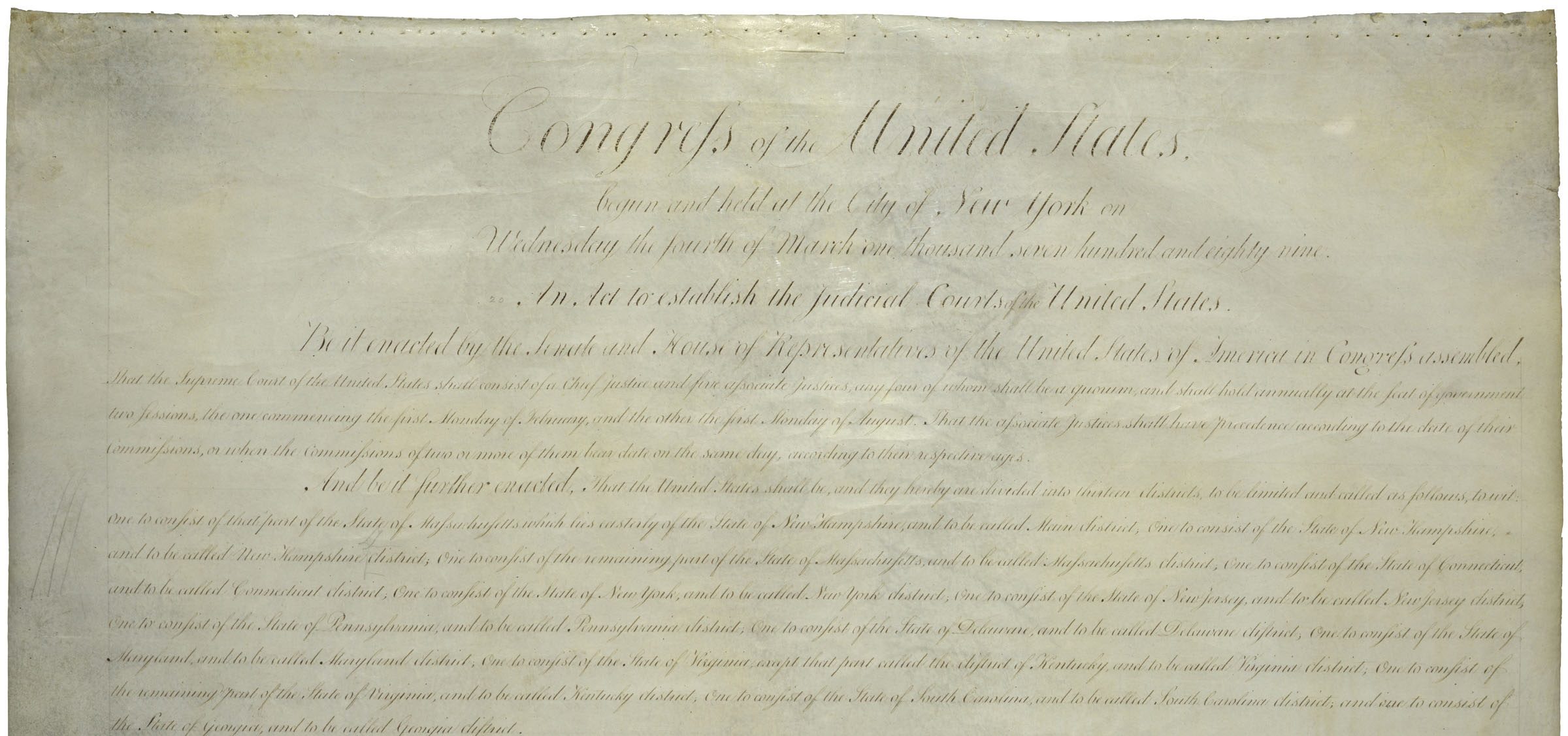Acknowledging a circuit split, the Fourth Circuit holds in Navy Federal Credit Union v. LTD Financial Services, LP, No. 19-1341 (4th Cir. Aug. 20, 2020), that for diversity of purposes, a federally-chartered corporation is deemed a “citizen” where it maintains its principal place of business under 28 U.S.C. § 1332(c)(1). The decision creates a split in the circuits. (The Ninth Circuit held in Hancock Fin. Corp. v. Fed. Sav. & Loan Ins. Corp., 492 F.2d 1325 (9th Cir. 1974), that federally-chartered corporations are not citizens under this section.)
Navy Federal Credit Union is a federally chartered, not-for-profit credit union …. [with] over eight-million members in thirty states, the District of Columbia, two U.S. territories, and twelve foreign countries.” Its corporate headquarters is located near the Pentagon in Virginia. In this action, for alleged breach of an asset-purchase agreement, Navy Federal filed in the U.S. District Court for the Eastern District of Virginia, asserting only state-law claims and invoking diversity jurisdiction under 28 U.S.C. § 1332. But the district court dismissed, holding that Navy Federal – because it was incorporated neither by a state nor foreign state – lacked “citizenship” for purposes of subsection 1332(c)(1).
The Fourth Circuit reverses. The decision hinges on the meaning of the word “and” in the applicable subsection: “a corporation shall be deemed to be a citizen of every State and foreign state by which it has been incorporated and of the State or foreign state where it has its principal place of business.” The district court held that because of the term “and,” both conditions must be satisfied for citizenship, i.e., incorporation by and principal place of business in a state or foreign country.
The panel reads “and” as additive rather than conjunctive. “Three structural and contextual features of § 1332(c)(1) confirm Navy Federal’s interpretation of and. First, we note the structural independence of § 1332(c)(1)’s two clauses. Each provides a different basis for deeming a corporation a ‘citizen of’ a jurisdiction …. [Second,] the state-of-incorporation clause and principal-place-of-business clause are logically independent …. [Third,] defendants ask us to condition the function of the second clause on the first, [but] § 1332(c)(1) contains no qualifying language to support such a reading.” Indeed, “other provisions [in the diversity statute] show that when Congress wishes to restrain a grant of citizenship, it uses words of limitation.”
The panel rejects two other arguments raised by defendants. First, it holds that a credit union may be a “corporation” for purposes of this subsection. The Federal Credit Union Act (“FCUA”), 12 U.S.C. § 1751 et seq., is arguably ambiguous on this point, in different sections referring to credit unions as both corporations and associations. But the panel determines that, in context, “association” in the FCUA is not the same as an “unincorporated association.” Thus, “we find the structure of the FCUA—requiring association as a prerequisite to incorporation—consistent with its plain classification of an approved credit union as ‘a body corporate.’” It also holds that Bankers’ Trust Co. v. Texas & Pacific Railway Co., 241 U.S. 295 (1916)—concluding that federal corporations are not diverse without some common law, constitutional, or statutory indication to the contrary—was superseded by Congressional enactment of subsection 1332(c)(1).
